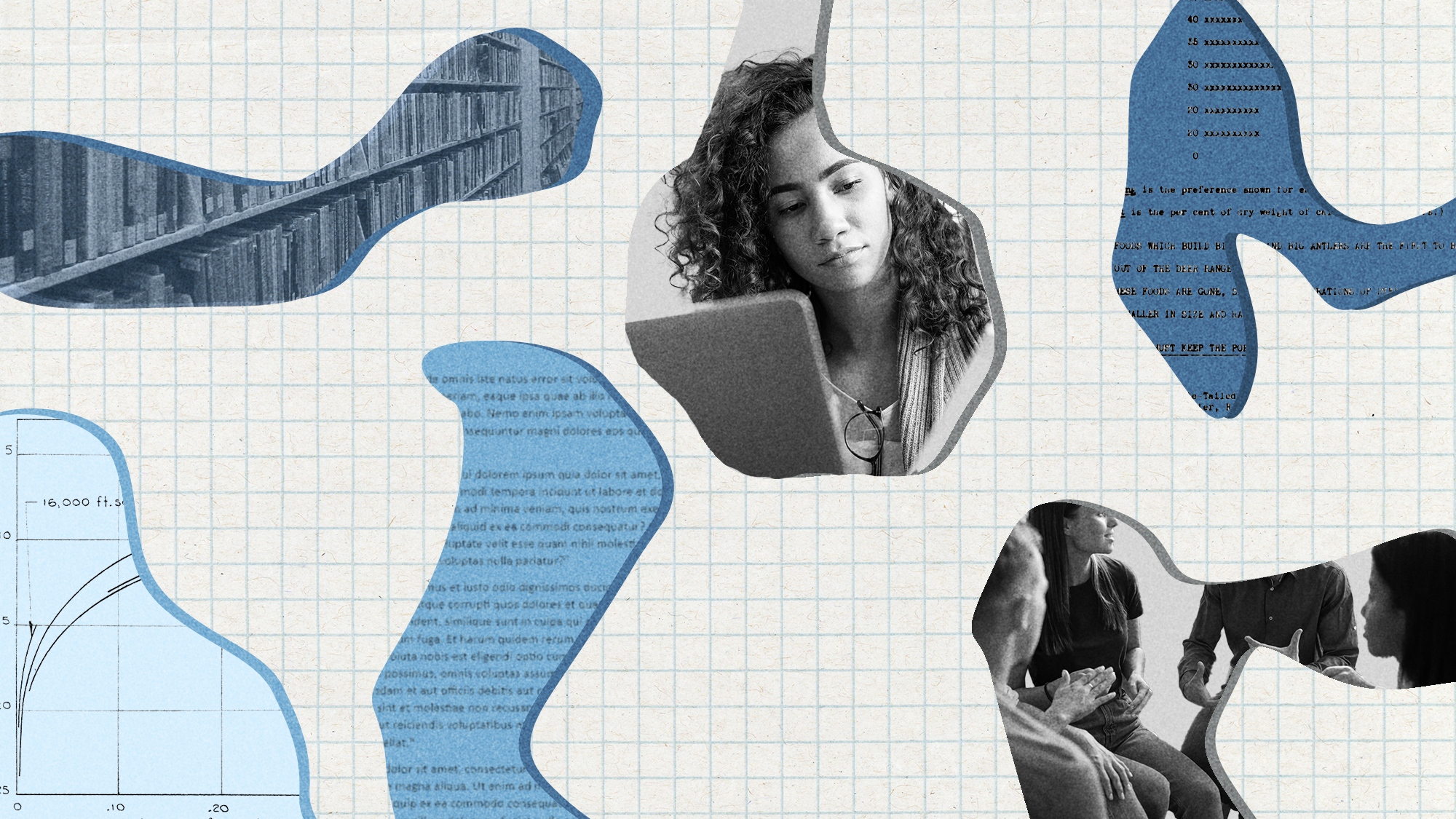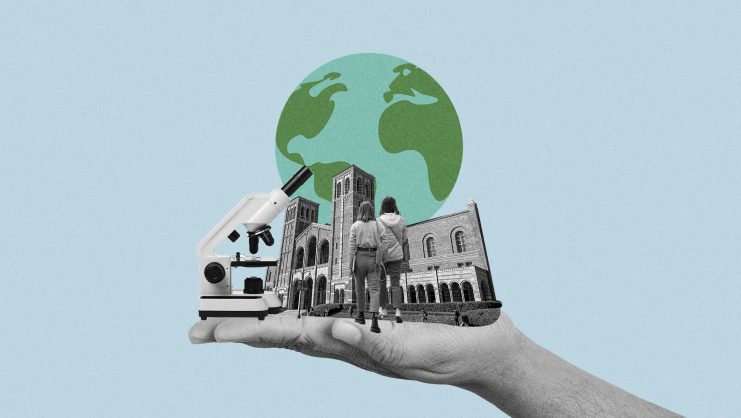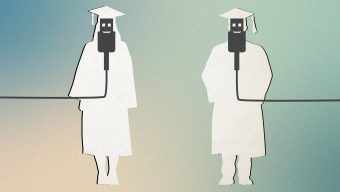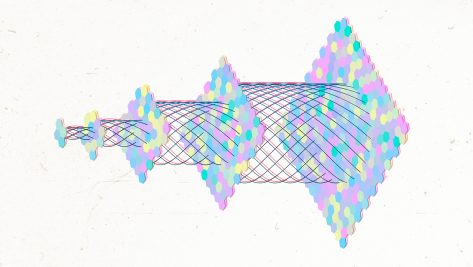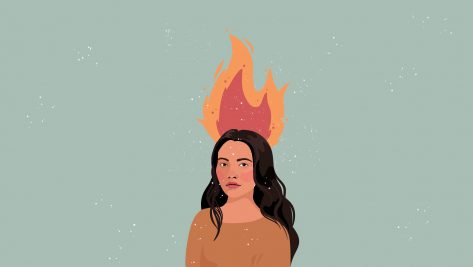A PhD is one of academia’s core research degrees and is generally regarded as a hallmark of intellectual achievement and dedication. Embarking on a PhD means dedicating years to exploring and dissecting a topic and disseminating its intellectual and practical relevance. The degree culminates in a thesis or dissertation and typically leads to academic or research careers. The journey itself – which can take anywhere between three and eight years – is one of significant personal and professional growth.
PhDs are often portrayed and assessed as individual achievements, yet we seldom find accounts of what happens before and during the process. PhD candidates are acutely aware that they face great uncertainty about whether they can, in the end, enter academia or will want to stay once there, and, because of this, they are less likely to give a public account of the experience. Thus, the sharing of anxieties and successes of the PhD journey remains informal, fragile, and often hidden. This reality has rightly sparked important conversations about how PhD candidates can be supported through both formal and informal networks.
To better understand the challenges associated with the PhD journey and the role of collective support, we undertook a research project that began unconventionally. The initial idea for our project, now published as “Navigating the PhD journey: a collective consideration of junior academics in qualitative accounting and management research,” was born over countless afterworks, conferences, and doctoral colloquia. It was in these informal settings where the project’s 11 authors found comfort in sharing frustrations, fears, and hopes in regard to the PhD process. We realized that our informal conversations provided a much-needed sense of solidarity against what can often be an overwhelming and isolating experience. The pandemic only made this clearer, as opportunities for in-person gatherings disappeared, leaving many of us struggling without the collective reassurance those moments had brought.
These shared experiences were too valuable to be left up to chance encounters. So, we created a more structured space for collective writing among doctoral students representing eight universities across Europe, Canada, and Australia/Oceania, to share our insights from our PhD journeys. By bringing together different stages of the PhD process – from those just beginning to those who had recently graduated – we sought to collectively understand what drives, shapes, and sometimes stymies doctoral students (particularly in our respective fields of qualitative accounting and management research.)
Our research contributes to the ongoing dialogue about PhD work and life by bringing together voices of doctoral students at various levels and recent graduates from different countries, schools, and backgrounds to provide an honest look at the real, sometimes messy experiences of PhD students finding their way in academia, with all the growth, stumbles, and discoveries it entails.
To systematically explore these experiences, we developed the “4Ps” framework – Product, Process, Person, and Place. These four dimensions allowed us to examine not just what PhD students do, but who we become through our doctoral journey, how we navigate our evolving identities, and how we relate to the academic environments around us. Each of these 4Ps illuminates a different aspect of the PhD experience.
The Product dimension explores the tangible outcomes of our PhD journeys: the papers, the dissertation, and the other measurable achievements that traditionally define academic success. Yet, our research revealed a tension between these concrete deliverables and the deeper purpose of doctoral studies. While, of course, productivity and publications do matter, we found that PhD students consistently seek – are almost wired to do so – meaning beyond these outputs. The PhD journey, we discovered, is as much about intellectual growth and meaningful contribution to knowledge as it is about producing tangible work.
The Process dimension focuses on how individual scholarship develops through exploration, mistakes, and learning. Our research revealed this was perhaps the most challenging aspect of doctoral work: accepting – and then embracing – the idea that progress rarely follows a linear path. Many participants revealed moments of profound doubt, questioning their disciplinary identity (“Am I accounting enough?”) and even their place in academia. But our collective reflections reframed these struggles as inherent to intellectual development, and we began to see these doubts as a natural part of the process. Pursuing a PhD, we found, is less about mastering a field and more about developing the capacity to navigate uncertainty, take conceptual leaps, and embrace the discomfort of not always having all the answers.
The Person dimension explores how the PhD journey shapes identity. Our project uncovered deeply personal transformations that often challenge students’ sense of self. Common questions emerged: “Am I good enough to be here?” and “Who am I as a PhD student and where do I want to go?” These uncertainties often manifested as imposter syndrome, with many of us questioning both discipline and academia more broadly. A particular challenge we identified was the tendency for academic work to consume personal identity, blurring the lines between who we are as researchers and who we are as people, professional and personal life. Learning to maintain this boundary – to remember that we are more than our work – emerged as a crucial skill, one often developed through peer support networks.
Finally, the Place dimension situates the PhD work within its institutional and social contexts. The journey doesn’t happen in a vacuum and the project highlights how universities, departments, and research communities shape the experiences through their distinct cultures, supervisor relationships, and networking opportunities. We found that “place” encompasses so much more beyond physical location and includes the interconnection of relationships and institutional dynamics that can either foster or hinder a sense of belonging and support. A key finding, for example, is that the opportunity and ability to be vulnerable – to express uncertainties about research direction, methodological choices, or theoretical understanding – and to receive support from others was often what made the difference between feeling isolated and feeling part of a community.
Through this collective project, we discovered a powerful paradox: while each PhD journey is unique, the core challenges we face are shared. We found that pursuing a PhD involves not just the act of producing knowledge but also navigating the complexities of identity, belonging, and meaning – elements often overshadowed by the value placed on measurable outputs.
Our reflections also point to unexpected sources of strength. We realized that embracing our inexperience and junior status was in itself a form of agency that allowed us to question established practices in our fields with fresh eyes. Our perceived vulnerabilities, when shared collectively, actually became a source of insight. Most importantly, we learned that PhD students, when united can be powerful agents of change in academia – particularly in protecting our ideals without self-righteousness or escapism and defining competence beyond the measurable.
Whether you are considering a PhD, currently in the midst of doctoral work, or reflecting back on your journey, our hope is that these collective reflections contribute to a more nuanced understanding of what it means to “become” an academic. It’s a journey that is never fully complete, always in the making, and one that is best traveled together.
© IE Insights.



